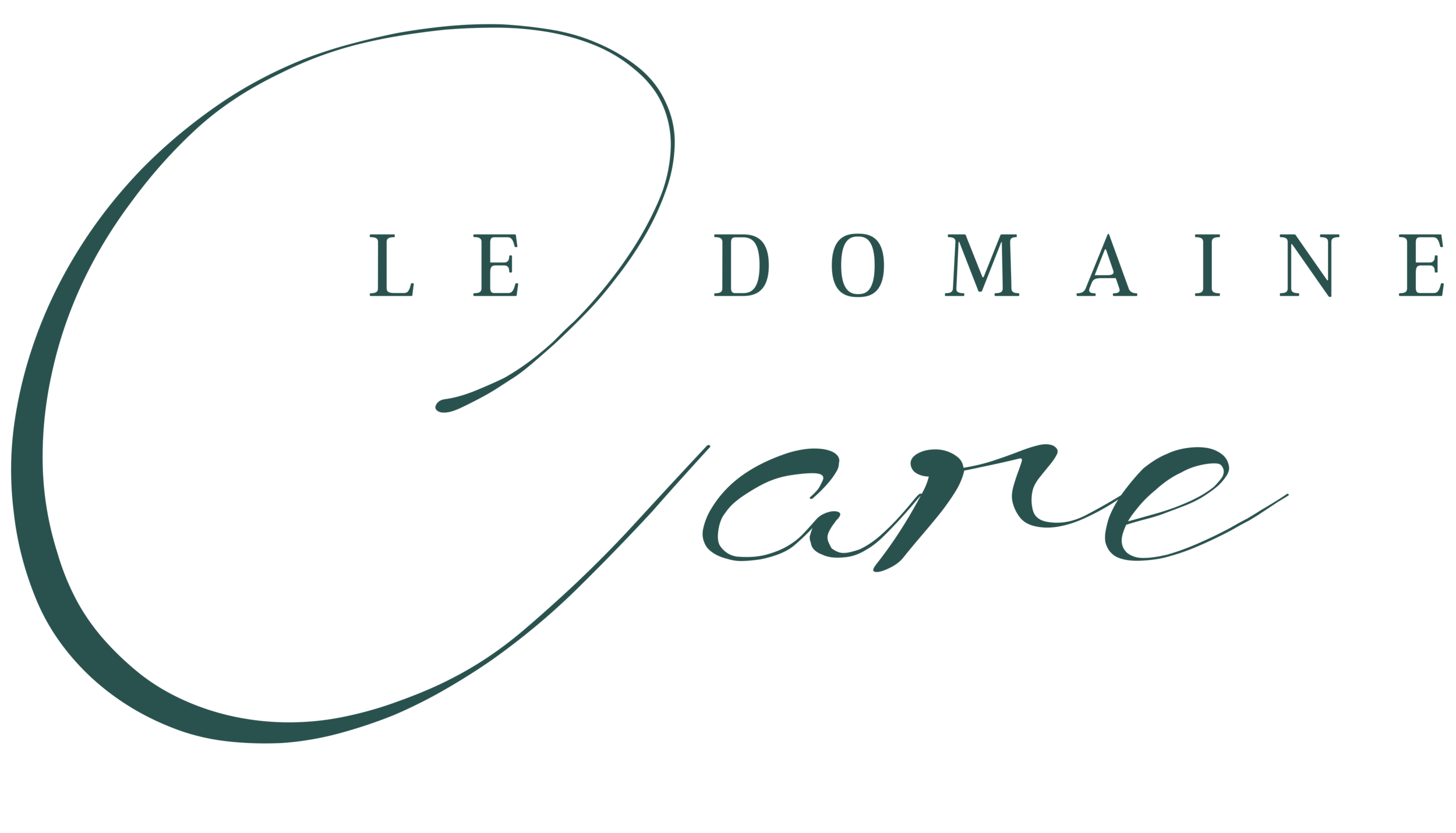To flu vaccine or not?
Unlike Easter, Halloween or Christmas, we can’t consult our cupboards and calendars to know exactly when and how it will hit, but we do know it’s coming: the flu.
A common question that is asked each Winter is, “Should I or should I not get the flu vaccine?” In recent years the flu vaccine has worked better than most doctors’ anticipated but it is still an unsettling topic in the medical community - where most say a resounding yes, others are still sceptical.
For those unsure of what a flu vaccine is, here’s a brief catch up. We call it “the flu” like there’s only one, but each year the virus mutates; and year on year it’s a challenge for scientists to predict the most prevalent flu viruses. Case studies from around the world are looked at to predict ‘the flu’, a season in advance. Once the most common strains of flu have been identified, scientists essentially ‘kill’ the virus and package it with other ingredients needed to make a vaccine.
You may have heard of family members or friends getting the flu vaccine to prevent themselves from getting sick, and then shortly afterwards they find themselves in bed with none other than the flu! Ironic isn't it? However, although they may be experiencing symptoms like a low grade fever and body aches, they do not actually have the flu. The virus in the vaccine is dead and it can’t infect anyone. When somebody experiences flu-like symptoms after having the vaccine, it is more than likely their body’s early immune response reacting to a foreign substance entering the body.
The primary goal of the flu vaccine is to reduce the number of severe flu infection cases. It prepares the immune system to deal with the virus, should it attack. So, the question remains, should you or should you not get the flu vaccine? Here at Le Domaine Care we strongly advise that our residents be vaccinated each year. The elderly are particularly vulnerable to infections and complications and a dose of flu can have lasting effects. We believe the flu vaccine is a life saver!


